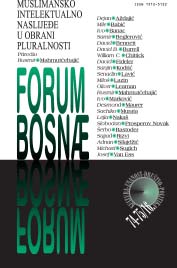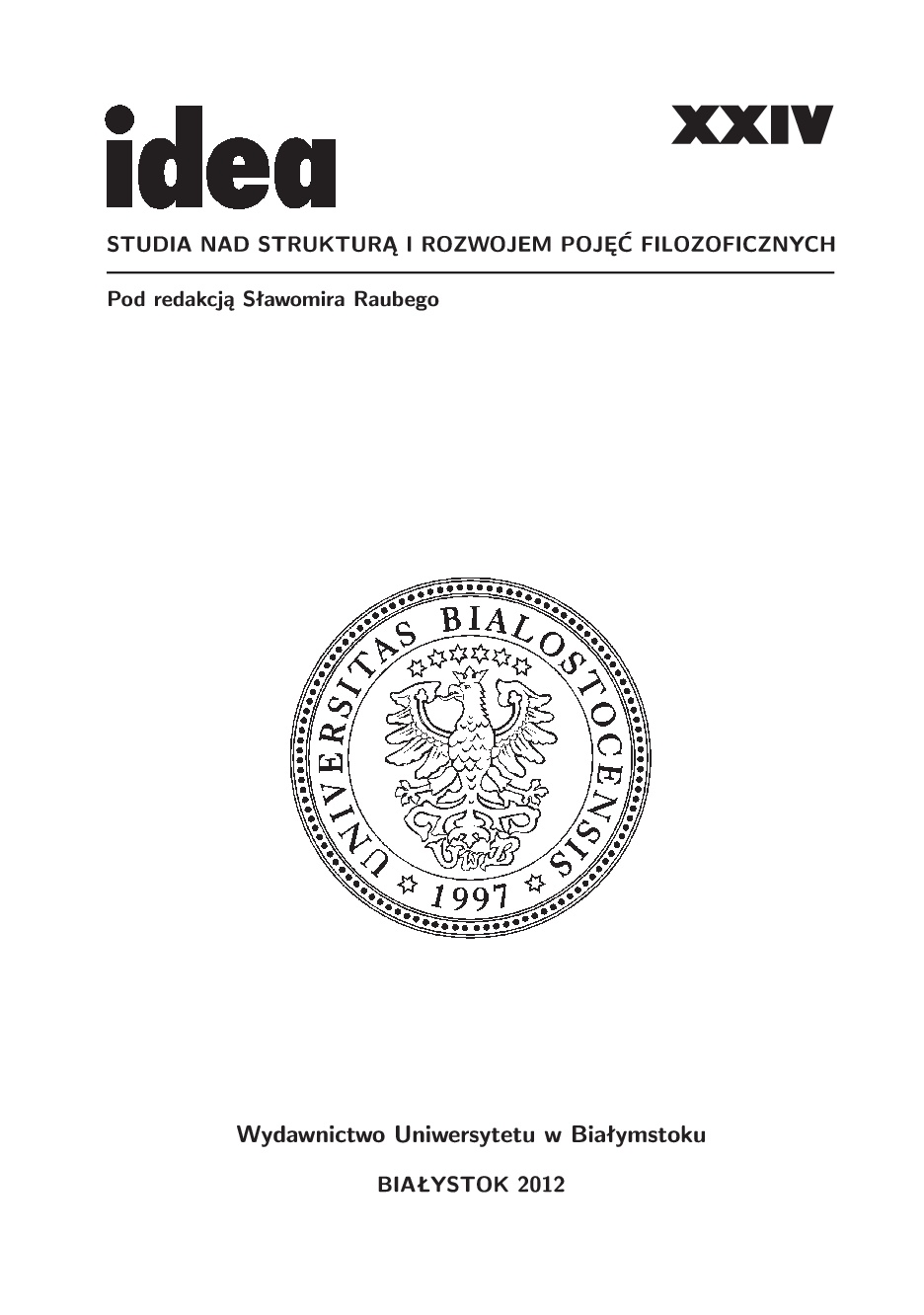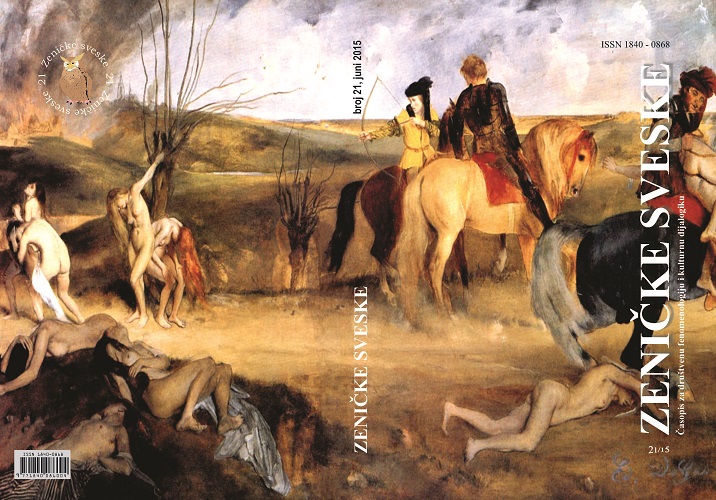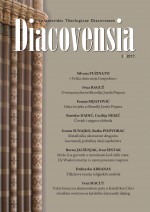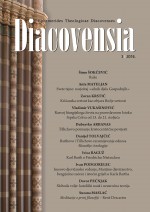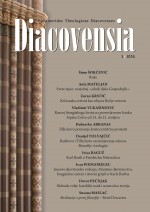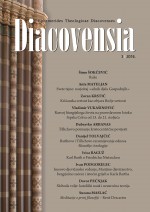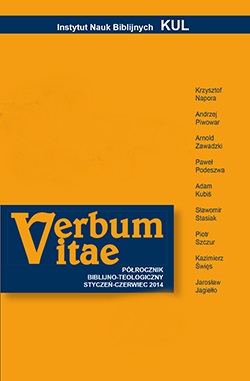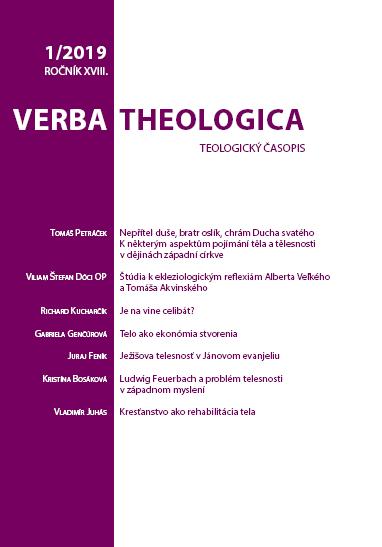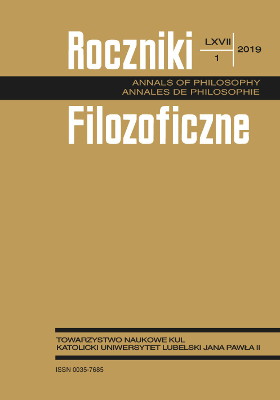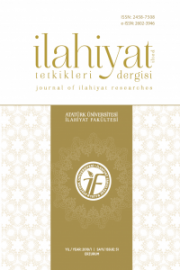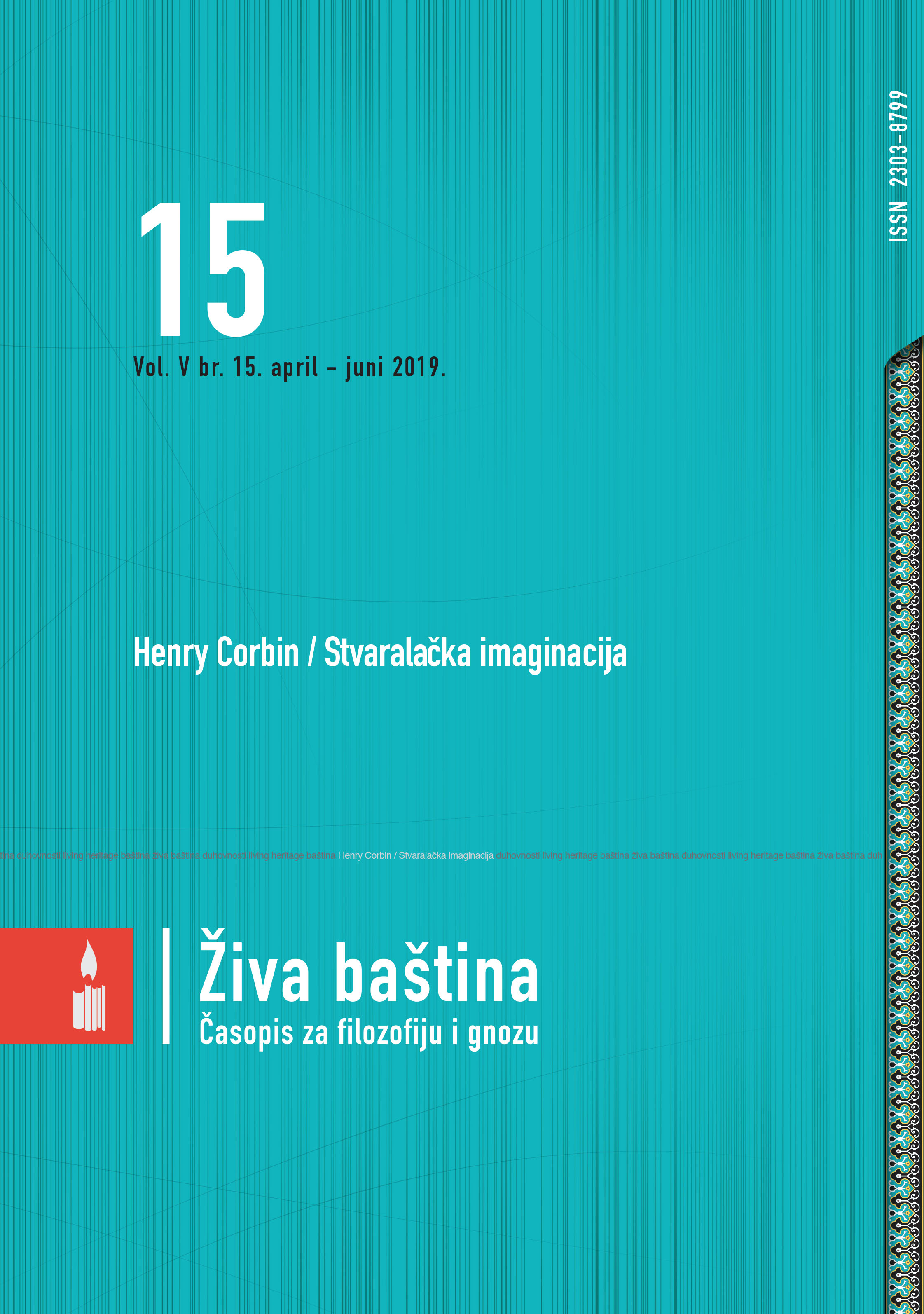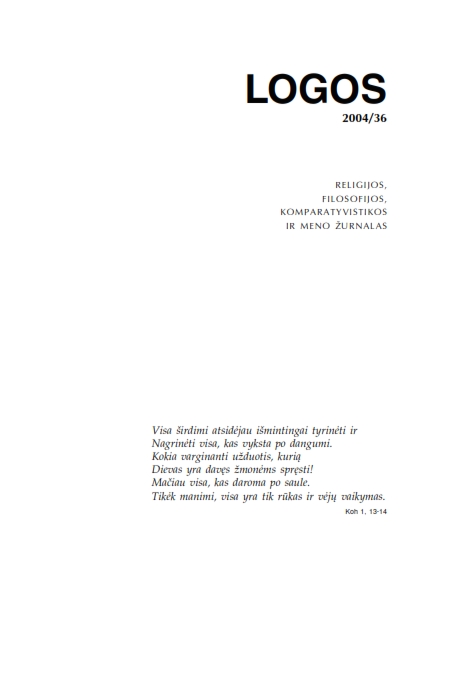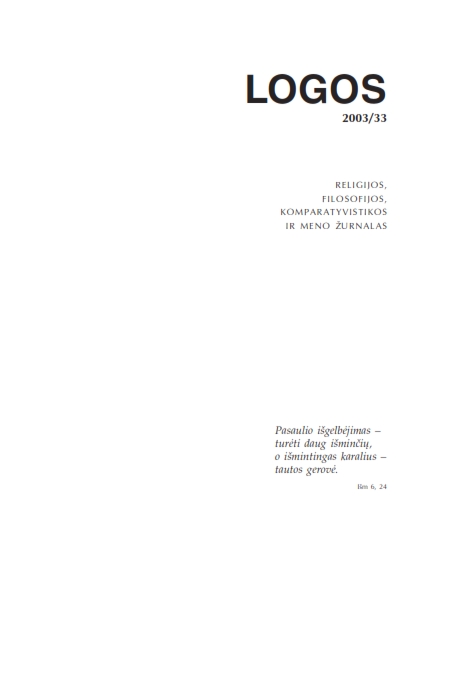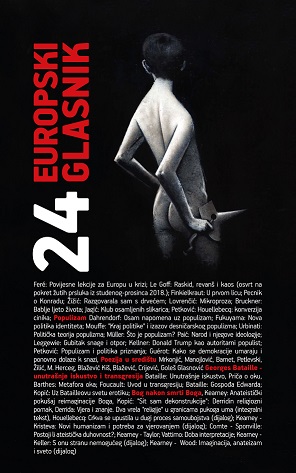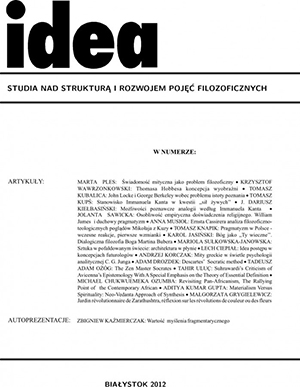
Słabnięcie chrześcijaństwa a kondycja zachodniej cywilizacji. Katastrofizm Leszka Kołakowskiego
The historiosophical views of Leszek Kolakowski I qualify as cultural catastrophism (in the absence of an alternative). Progress in the sphere of civilization, technical and scientific companions – in his opinion – is a serious spiritual crisis, a crisis in culture. The main reason for this crisis is moving away from Christianity, and especially from the teachings of Jesus (loss of consciousness of the imminent end of the world and moving away from the ”ethics of love” for utilitarian calculation). I distinguish three problem areas, and at the same time three dangerous tendencies – associated with the weakening of Christianity – which may lead to a serious crisis, and even the destruction of Western civilization: the disappearance of the moral subject; increasing the spiral of needs and greed; the occurrence of severe – often secular – religion substitutes that turn into “tyrannical idols”. Awareness of the risks may, however, lead to healing (hence alternativity catastrophism); the best remedy is – according to Kolakowski – revitalization of Christianity in a variation of universalist and tolerant.
More...
